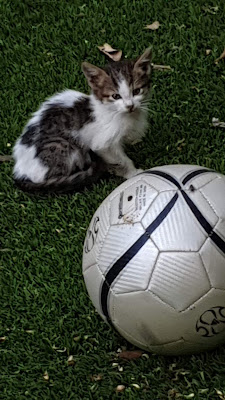The purposes of the Jewish Book Carnival are to build community among bloggers who feature Jewish books in their posts and to promote Jewish reading, and fields supporting this reading such as publishing and library services.
This month's selections:
The Book of Life Podcast features an interview with author Jonathan Auxier about about Sweep: The Story of a Girl and her Monster. The book introduces us to Nan, a chimney climber, and her golem friend Charlie, a creature made of soot. This middle grade novel won the 2019 Sydney Taylor Book Award for Jewish children’s books, along with numerous other literary awards.
Over on gilagreenwrites, Gila is thrilled this month to welcome Tara Lynn Masih to her blog where she interviews her about her new young adult novel My Real Name is Hanna that takes place during the Holocaust in the Ukraine.
On Book Q&As with Deborah Kalb, Deborah interviewed poet Sarah Stern about her latest collection, We Have Been Lucky in the Midst of Misfortune.
Barbara Krasner at The Whole Megillah reveals the results of a survey among writers, editors, and publishers about "Why We Write Holocaust Books for Young Readers" in commemoration of Yom HaShoah.
On her My Machberet blog, Erika Dreifus routinely compiles news of Jewish literary interest. Here's one recent post.
Life Is Like a Library found two prizes in Jerusalem: Joyce Carol Oates receiving the Jerusalem Prize, and the riches of a Machane Yehuda scavenger hunt.
Finally, a call to all librarians, teachers, publishers, authors, illustrators, agents, booksellers, book bloggers, reviewers, and others involved professionally with Jewish kidlit!:
There is now a Facebook group especially for you: Jewish Kidlit Mavens. Please join us at https://www.facebook.com/
Enjoy!







